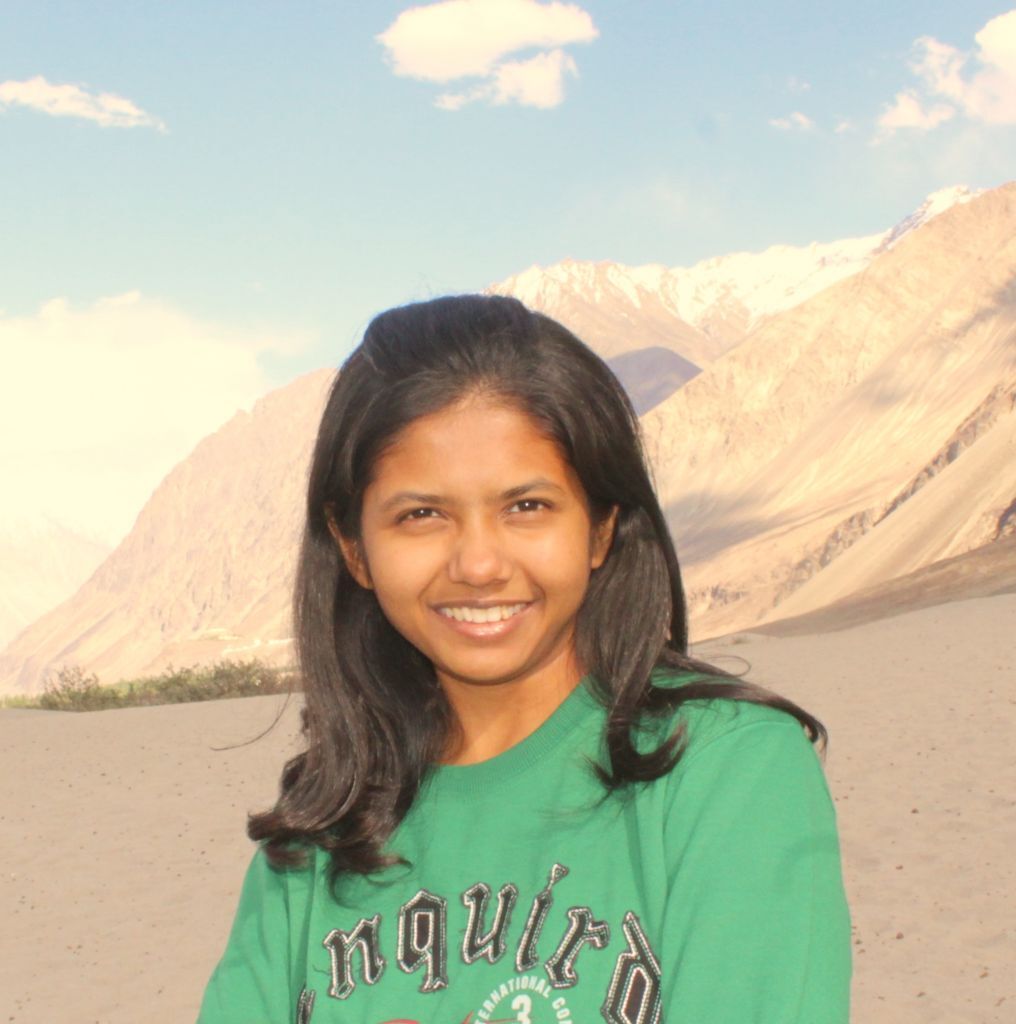Optomechanical systems have enabled a variety of novel sensors that transduce an external force on a mechanical sensor to an optical signal which can be read out through different measurement techniques. Based on recent advances in these sensing technologies, we suggest that heavy dark matter candidates around the Planck mass range could be detected solely through their gravitational interaction. After our understanding of the possibility of direct gravitational detection of dark matter, a coalition of researchers came together to form a lasting collaboration — Windchime — to explore the potential implementation and impact of this approach. With this ultimate goal in mind, the Windchime collaboration is developing the necessary techniques, systems, and experimental apparatus using arrays of optomechanical sensors that operate in the regime of high-bandwidth force detection, i.e., impulse metrology. One of the key challenges in achieving more sensitive measurements is to mitigate the noise which arises due to the fundamental uncertainty principle while trying to precisely measure the variable of interest. Today’s state-of-the-art sensors can be limited by this added noise due to the act of measurement itself. One of the techniques to go beyond this limit include squeezing of the light used for measurement. The other technique is using backaction evading measurements by estimating quantum non-demolition operators — typically the momentum of a mechanical resonator well above its resonance frequency.
In our work, we have explored various backaction evading techniques based on this principle. In the first part of the thesis, we present the impulse metrology task in the context of gravitational detection of dark matter. In the next part, we present a practical way to achieve backaction evading measurements in the optical domain. In the subsequent part, we analyze the theoretical limits to noise reduction while combining different quantum enhanced readout techniques for these mechanical sensors. In the last part of the thesis, we explore the possibility of a microwave domain readout for maximizing the energy efficiency and noise reduction while having a scalable system for our dark matter detection purpose.
